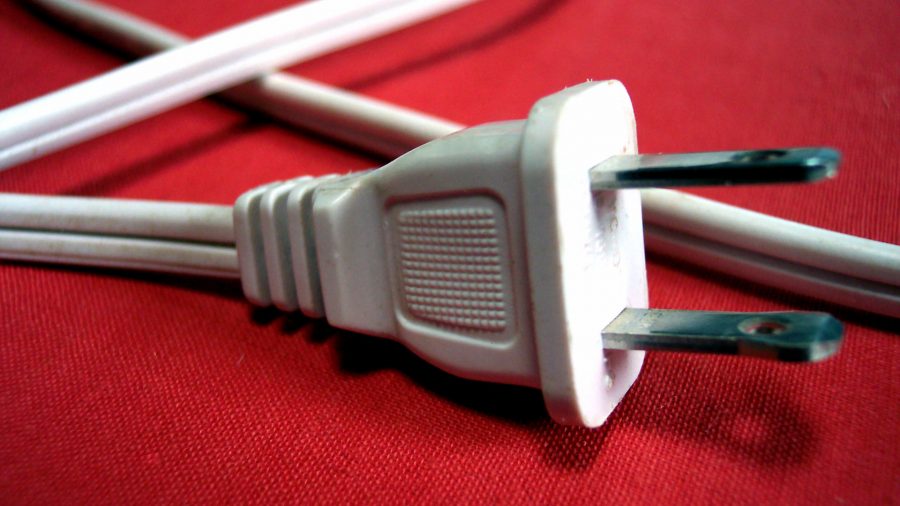Australians are buying 10 new hybrids for every new electric vehicle. Yet there are far more media stories about EVs than about hybrids. Do buyers think hybrids are better than EVs for our conditions? Or are they just not convinced to take the plunge into electric?
What are hybrids anyway?
Hybrids are simply petrol-electric vehicles. In Australia, we’re most familiar with hybrids where engines are still the main source of power. There are two types: hybrids and plug-in hybrids:
- Hybrids use a small battery and a dominant petrol engine. Regenerative braking charges the battery while you drive and you can’t plug them in to charge.
- Plug-in hybrids (or PHEVs) use a larger rechargeable battery for daily trips and a small petrol engine for long trips. Although their batteries can recharge while driving, it’s more efficient to plug them in.
Australians want to buy hybrids
Toyota sells 92% of the hybrids in Australia. In fact, the carmaker has sold 240,000 hybrid vehicles since its first Prius in 2001.
The RAV4 is the most popular SUV sold in Australia and we preferred the hybrid version by far in 2020, 2021 and most likely in 2022. In January 2022, 93% of RAV4 sales, 88% of Camry sedan sales, and 75% of Corolla sales were hybrids.
To put into context though, 6.5% of all vehicle sales in Australia were hybrids.
Why do we choose hybrids? They are:
- Affordable – most EVs are priced out of reach
- Available – like conventional cars
- Convenient – no range anxiety
- Practical – roomy
- Popular – purchase can be trusted.
However, plug-in hybrids are far less popular than regular hybrids.
Australians buy fewer plug-in hybrids
During 2021, we bought 3,372 plug-ins, nearly double the previous year but still only 0.3% of the new car market. In comparison we bought 70,466 hybrids, up 20% on 2020.
There are a few problems with plug-ins:
- Prices sit between hybrids and EVs, still too high for most drivers
- We don’t know what they are and the term PHEV means nothing
- Recent studies show fuel consumption is understated
- Some models automatically use petrol at start-up, for heating or cooling, or for hard acceleration
- Many owners rarely charge their plug-ins and rely on petrol.
Is it better to buy an EV than any kind of hybrid?
Are hybrids better than EVs?
The truly environmentally conscious driver probably prefers an EV because it uses no petrol and has no emissions. But making a choice for the environment is not as simple as it sounds.
Both hybrids and EVs release more carbon emissions than petrol vehicles during manufacture. Meanwhile, the heavy batteries of EVs and plug-ins use more scarce resources – and cost more to carry around – than the smaller batteries in hybrids.
Of course, it depends what you need in a car. If you make a lot of short trips, you wouldn’t need a plug-in hybrid or an EV with a big battery. Recharging every night for a small commute would mean 90% of the battery cells are not even used.
If you want to save money on petrol, or own a practical car for short trips, or a stepping stone between a conventional and electric car, you might choose a hybrid.
Clearly, Toyota wants to maintain its dominance in hybrids. Toyota says its 240,000 hybrids sold in Australia since 2001 have reduced as much carbon as around 72,000 EVs would have done. Moreover, the volume of batteries used for those vehicles would be enough for only 3,500 EVs.
Buy some CTP insurance
Today, Australians prefer regular hybrids over plug-in hybrids or EVs. Hybrids offer the familiarity of a conventional engine but potentially use 30-40% less petrol. As one journalist for Cars Guide joked:
“[Engines] are like that pair of flats you carry in your bag for when your heels start to pinch on a night out.”
CTP insurance for hybrids and conventional cars is the same and there is no obvious difference in CTP prices. With relatively few hybrids on the roads, insurers don’t yet have a clear risk profile of hybrid vehicles and their owners.
You can find the cheapest price from all CTP insurers for your hybrid or other vehicle here.


your opinion matters: